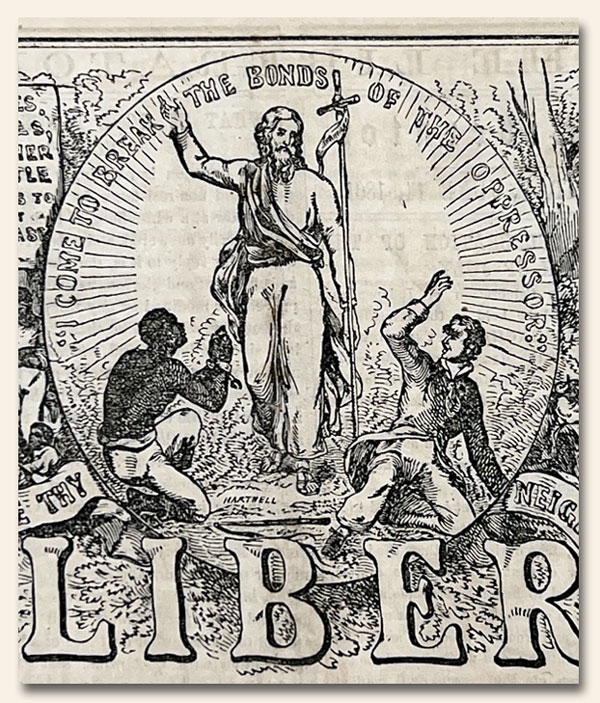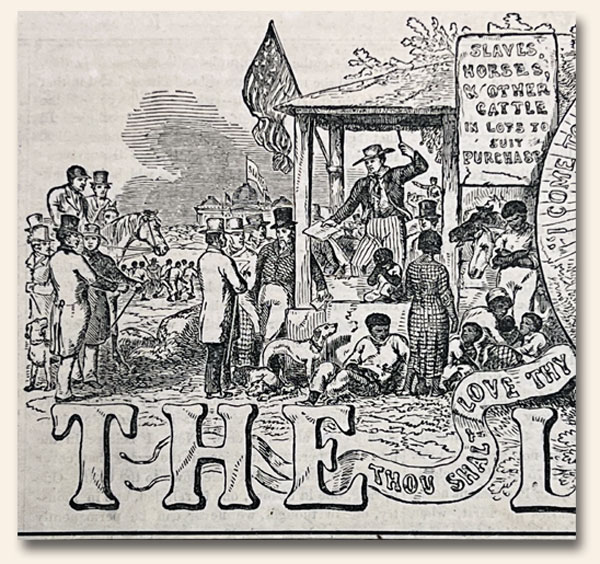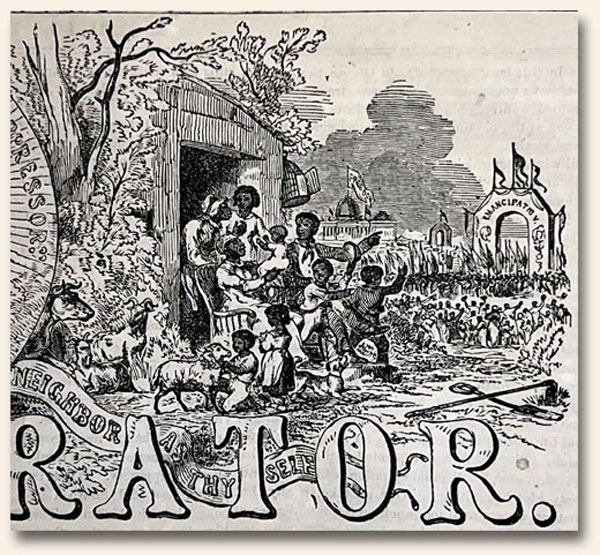Summer Blockbuster Movie Ads at Their Best – “Top Gun: Maverick” Edition…
July 15, 2022 by LauraH · Leave a Comment
 “It’s okay, but as usual, it’s not as good as the original“, is a commonly heard phrase among movie goers. Sequels are rarely as good as their predecessors, and most certainly never better … or so we thought. On May 9, 1986, the Los Angeles Times had a full-page ad for the soon to be released movie, Top Gun, starring Tom Cruise. One can only guess if the paper realized what an iconic movie they were promoting the week before it’s premier. Flash forward approximately a quarter of a century to the summer of 2022 when Tom Cruise reprised his roll as Maverik and once again rocked theater box offices for weeks. Perhaps, “not as good as the original” has finally been put to rest.
“It’s okay, but as usual, it’s not as good as the original“, is a commonly heard phrase among movie goers. Sequels are rarely as good as their predecessors, and most certainly never better … or so we thought. On May 9, 1986, the Los Angeles Times had a full-page ad for the soon to be released movie, Top Gun, starring Tom Cruise. One can only guess if the paper realized what an iconic movie they were promoting the week before it’s premier. Flash forward approximately a quarter of a century to the summer of 2022 when Tom Cruise reprised his roll as Maverik and once again rocked theater box offices for weeks. Perhaps, “not as good as the original” has finally been put to rest.
Collateral Damage – Yosemite Valley’s Little Sister…
July 8, 2022 by GuyHeilenman · Leave a Comment
 One of the many joys inspired by collecting (and reading) old/historic newspapers is the knowledge gained by investigating/exploring decades and even centuries old articles about things which were noteworthy in their day but are unbeknownst to the average reader of today. Such is the case with an article I recently found within the November 25, 1882 issue of The Washington World (D.C.).
One of the many joys inspired by collecting (and reading) old/historic newspapers is the knowledge gained by investigating/exploring decades and even centuries old articles about things which were noteworthy in their day but are unbeknownst to the average reader of today. Such is the case with an article I recently found within the November 25, 1882 issue of The Washington World (D.C.).
The worst non-weather-related tragedy in the history of the United States remains the San Fransico Earthquake/Fire of 1906. The devastation was unimaginable – over 3,000 people perished and greater than 80% of San Fransico was destroyed. The direct and collateral impact are still felt to this day. One such case of the latter is the ongoing battle over Yosemite Valley’s little sister.
 Positioned slightly to the north of Yosemite National Park is the Hetch Hetchy Valley. While not as expansive, and with somewhat less than Ansel-Adams-esque views, its beauty was breathtaking – the operating word being “was”. If one were to view the valley today, heartbreaking would be the more accurate description. Instead of the serene beauty that touched the souls of John Muir, Willaim Keith, Albert Bierstadt, and a host of others, today one would see a nearly empty mud-hole resulting from a nearly dry reservoir. Yuck!
Positioned slightly to the north of Yosemite National Park is the Hetch Hetchy Valley. While not as expansive, and with somewhat less than Ansel-Adams-esque views, its beauty was breathtaking – the operating word being “was”. If one were to view the valley today, heartbreaking would be the more accurate description. Instead of the serene beauty that touched the souls of John Muir, Willaim Keith, Albert Bierstadt, and a host of others, today one would see a nearly empty mud-hole resulting from a nearly dry reservoir. Yuck!
But why a reservoir? In response to the 1906 earthquake and resulting fire, the need for a better water-source for the San Fransico Bay region was obvious. After years of battling with the Sierra Club and likeminded naturalists, in 1913 a Congress passed legislation naming the Tuolumne River as “the solution” and authorized a dam to be built in order to create a reservoir for the needed water-supply. In 1923 the O’Shaughnessy Dam was completed and the Hetch Hetchy Reservoir was born. While there continue to be calls to remove the dam, the collateral damage has been done, and reclaiming that which has long-since been washed away by decades of emersion seems highly unlikely if not impossible.
Happy Independence Day – Contrasting Celebrations…
July 4, 2022 by GuyHeilenman · Leave a Comment
The July 11, 1868 issue of Harper’s Weekly contained prints by two notable illustrators – intentionally included to contrast typical 4th of July celebrations in the rural south (Thomas Worth) with those held in northern cities (Winslow Homer). Their diversity reminded me that we can have profound differences while maintaining our bonds of common citizenry. The Revolutionary War was fought for freedom. Today we fight to maintain that freedom. While our diversity in many ways has widened over the past few decades, this new battle is no less noble – and one which calls for unity of purpose. Hopefully we will heed the call. Happy 4th!

Juneteenth Revisited – “The rest of the story”…
June 27, 2022 by GuyHeilenman · Leave a Comment
 Roughly a week ago we were observing the most recent addition to our list of Federal Holidays: Juneteenth, which commemorates the day when Union troops marched into Galveston, Texas and Major General Gordon Granger informed the people of Texas that all enslaved people were now free. His General Order (No. 3) stated: “The people of Texas are informed that, in accordance with a proclamation from the Executive of the United States, all slaves are free…”. However, what is that at the end? Dot, dot, dot? There’s more?
Roughly a week ago we were observing the most recent addition to our list of Federal Holidays: Juneteenth, which commemorates the day when Union troops marched into Galveston, Texas and Major General Gordon Granger informed the people of Texas that all enslaved people were now free. His General Order (No. 3) stated: “The people of Texas are informed that, in accordance with a proclamation from the Executive of the United States, all slaves are free…”. However, what is that at the end? Dot, dot, dot? There’s more?
His full order reads as follows: “The people of Texas are informed that, in accordance with a proclamation from the Executive of the United States, all slaves are free. This involves an absolute equality of personal rights and rights of property between former masters and slaves, and the connection heretofore existing between them becomes that between employer and hired labor. The freedmen are advised to remain quietly at their present homes and work for wages. They are informed that they will not be allowed to collect at military posts and that they will not be supported in idleness either there or elsewhere.” In other words, “You are free, but if you think the government is going to support you if you leave your new ’employer’, think again.” For many, this would be analogous to someone who was bound, kidnapped, and being transported by airplane to some horrible location having their bindings removed and told they were welcome to leave any time they want (albeit, at 10,000 feet without a parachute). While this Order is quite historic, and the day does deserve to be celebrated, there is a whiff of Hotel California in the air: “You can check-out any time you like, but you can never leave!”
Am I exaggerating – misrepresenting the circumstances? One might think so, but an article I recently discovered within a July 16, 1865 issue of The New York Times which printed a follow-up Order by General Granger given approximately one week later begs to differ: 
Even when granted with good intentions, freedom needs to be embraced – and the “doing so” is often fraught with hardship. However, while the struggle continues, taking time to celebrate this momentous occasion (along with the many victories which have occurred since June 19, 1865) is worthy of our unified, citizen-wide efforts – regardless of our racial, social, political, religious or economic differences. The intrinsic hope of “We The People!” must ever be before us.
One small step backward for humanity(?)… One giant leap forward for A.I.!
June 20, 2022 by GuyHeilenman · Leave a Comment
Dystopian movies featuring A.I. as the antagonist abound. The thought of a world in which a soulless “entity” is in the lead role with humanity at its behest is terrifying. How will the relationship between A.I. and humans play out over time is anyone’s guess, but with all the benefits artificial intelligence brings to the table, I feel a little like “a moth to a flame”, and it bugs me.
Why the angst? We recently came across a Los Angeles Times dated May 12, 1997, which had coverage of the historic(?) chess match between Gary Kasparov, the reigning world champion at the time, and “Deep Blue”, an IBM supercomputer. The strings of o’s and 1’s ruled the day, defeating Kasparov in the deciding game in 19 moves. I wonder if many moons from now, when/if A.I. decides to write its own developmental timeline, if this achievement will be listed as one of significance? Note: In case anyone is wondering, upon its victory, “Deep Blue” was NOT crowned the new World Champion of Chess.
Note: In case anyone is wondering, upon its victory, “Deep Blue” was NOT crowned the new World Champion of Chess.
Snapshot 1932 – Babe Ruth’s famous “called shot”…
June 17, 2022 by GuyHeilenman · Leave a Comment
Whether it’s a famous battle, a noteworthy feat, a tragedy, etc., in nearly every instance a report from the location in which a notable event occurred is significantly more desirable (therefore, more valuable) than a similar report within newspapers from other locations. One such case involves the report of Babe Ruth’s famous “called shot” during the 1932 World Series found in the October 2nd issue of the Chicago Sunday Tribune. In nearly 50 years we have only held one in our hands, and for those of us who respond enthusiastically to such a tactile experience, it truly is a great item. Some might wonder why a New York Times wouldn’t be more collectible, after all, Ruth played for the Yankees. However, the game was against the Chicago Cubs, and the historic moment transpired at Wriggley Field, Chicago. A photo of a portion of the front page is shown below, but if you are unfamiliar with his called shot, you may find the story quite interesting: Babe Ruth’s Called Shot (Wikipedia)
The Lure of Swashbucklers…
June 6, 2022 by LauraH · Leave a Comment
Nothing grabs the public’s attention quite like stories of pirates, whether they be historical accounts of actual people or stories of those who play a pirate on the big screen. Of all the legends both real and created, none can surpass the real-life drama of Captain Kidd. Scottish born in 1645, he grew to be both pirate and privateer – the distinction fueled by the encounters he had with those who crossed his path. In the end, betrayed by the governor of New York, as reported in The London Gazette, May 26, 1701, he was hung twice by the neck until dead.
A President’s Call for Sacrifice…
June 3, 2022 by LauraH · Leave a Comment
I am sure a quick perusal of American history would yield an abundance of occasions in which a President called for American citizens to tighten their belts, rise to the challenge, or sacrifice for the greater good. We certainly hear those sentiments often enough today. So, you can imagine how the following headline in a May 25, 1961 issue of the LEOMINSTER DAILY ENTERPRISE caught my attention. In this case, President Kennedy was casting a vision for the stars and America’s hope to send a man to the moon before 1970. We were sold and tightened our belts to rise to this other worldly challenge. This Space Race caught our imaginations and propelled us to the front of the line. If only all challenges were this exceptional and easy to embrace.
Memorial Day – How many generations does it take to… (?)
May 27, 2022 by GuyHeilenman · Leave a Comment
Generation 1 – The Call to Sacrifice
The oppressed are willing to sacrifice their very lives to throw off oppression – and many of them do, giving their last breath for the sake of their children and their children’s children.
Generation 2 – Picking Up the Pieces
Those recently freed from oppression begin to reap the rewards of their new freedom, but many scars remain – particularly those caused by the loss of loved ones.
Generation 3 – Enjoying Freedom’s Bounty
The sacrifices of the past are still discussed, but the wounds are largely well-healed, and the benefits born of the sacrifice of others is fully embraced.
[an unspecified number of generations – usually not many]
Generation End (Minus 2) – Freedom Is & Always Will Be
Freedom is so commonplace, it begins to be taken for granted. The oppression and sacrifices of the past are long forgotten.
Generation End (Minus 1) – Heads in The Sand
Freedom, is it really all that important? Comfort and ease is what we want. Sacrifice? For what! A blind eye is turned to the new oppressors at the gate.
Generation End – The Demise!
Where did our freedom go? Why are we being oppressed?? How did this happen???

Memory – it’s indispensable. A simple internet search for “lest we forget”, “those who fail to remember”, or similar will return a plethora of warnings about the consequences which go hand-in-hand with not remembering the lessons, sacrifices, blessings, etc. of the past.
As an example, it would be hard to argue that the Jews/Israelites, through time, have been one of the most oppressed people-groups on the planet – a chain of horror which began with their enslavement in Egypt. One would have thought their eventual “deliverance” by the hand of God would have set them up for eternity, yet, just a few generations after their new-found freedom was realized, they found themselves enslaved once again. Why? “The Israelites failed to remember the LORD their God who had delivered them from the hands of all their enemies on every side (Judges 8:34).”
While each generation needs to take personal responsibility for “remembering”, one cannot remember that which one never knew. Therefore, we, as the current generation, must take ownership of teaching ourselves, keeping what we learn in the forefront of our minds, and then teaching the next generation – lest they never know. Will this take considerable effort? Sure, but the sacrifice of time and energy pales in comparison to the sacrifices of the past.
To this end, perhaps the following will be useful:
Previous Memorial Day Themed Posts
Memorial Day Themed Newspapers
PS I am grateful for the men and women who have given their lives so my family, friends, and neighbors, whether we be politically or philosophically divergent or parallel, can enjoy the freedoms which fall under the umbrella of “inalienable Rights which are endowed to each one of us by our Creator”.
A woodcut masthead is worth a thousand words… Slavery…
May 16, 2022 by GuyHeilenman · Leave a Comment
A few weeks back my favorite person posted: Take a Closer Look … The Delicate Details of Woodcut Prints…
Such prints are truly amazing. However, as is the case with (most?) works of art, to some degree they tell a story. One such story is that of “Slavery – The Cry for Emancipation”, as told through the masthead of The Liberator. While we have many historic newspapers containing articles chronicling the path from the horrors of slavery, through emancipation, then on to suffrage and beyond, few rival what is communicated through this most-amazing, intricate, illustration which was present at the top of nearly every issue. At a distance its beauty speaks to the eyes, but a close-up view shouts to the heart: ENOUGH!
See for yourself:








